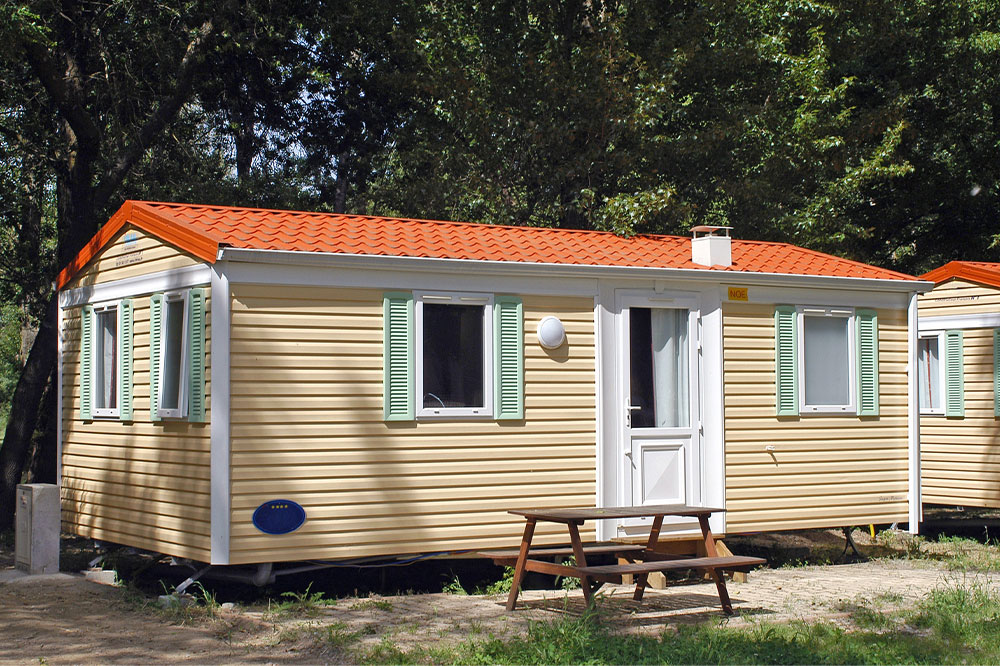Guide to Housing Assistance Vouchers: How to Qualify and Apply
This comprehensive guide explains the eligibility, application process, and functioning of the Housing Choice Voucher Program, offering valuable insights for low-income families and individuals seeking affordable housing assistance across the U.S.
Sponsored

The federal Housing Choice Voucher Program, also known as Section 8, aims to provide affordable, safe, and quality rental housing options for low-income individuals, seniors, and those with special needs. Managed by local public housing agencies (PHAs), this program offers financial support that helps recipients secure homes such as apartments, townhouses, mobile homes, and single-family houses tailored to their needs.
Understanding Housing Vouchers
Funded by the U.S. Department of Housing and Urban Development (HUD), the program works through a network of approximately 2,200 PHAs nationwide, assisting over 2.3 million families and 5 million individuals with rental subsidies.
Applicants can apply for vouchers either online or in person. Once approved, they can select housing units that meet program standards, with the vouchers covering all or part of the rent. If only partial payment is made, the PHA contributes the remaining amount directly to the landlord. Beneficiaries generally have 60 days to find suitable housing, though extensions may be granted.
Housing providers must verify that their units comply with federal quality standards and that rent prices are fair compared to local market rates.
Who Qualifies for Housing Vouchers
There are seven key eligibility requirements for applicants to receive housing assistance:
Income Limits: Household income must fall below 50% of the median income for the area. Larger families may have higher income thresholds, allowing greater earnings while still qualifying.
Disability Status: Households with documented disabilities are often prioritized by PHAs.
Citizenship: Applicants must be U.S. citizens or hold eligible immigration status.
Criminal Background: Background checks are conducted, and past criminal records can result in denial.
Eviction History: Landlord references are reviewed to assess rent payment reliability and property condition upon departure.
Residency: Applicants generally need to reside within the jurisdiction of the local PHA awarding the voucher.
Household Composition: Specific household characteristics and needs are considered in the eligibility determination.
Application Process for Vouchers
Individuals and families must contact their local PHA to submit an application. The process varies by location and may include online submissions accompanied by supporting documents such as rental history, proof of income, citizenship documentation, and personal ID. The review and approval process can take months or longer due to demand, especially for priority groups like disabled persons or elderly individuals.
Applicants should routinely check application status and be prepared to provide additional documentation if requested. Priority is often given to those with urgent housing needs or facing homelessness.
Emergency Housing Vouchers
Under certain critical circumstances, HUD may allocate special emergency vouchers for those experiencing or at imminent risk of homelessness. These vouchers are prioritized for those currently homeless, at high risk, fleeing violence, or recently displaced. They allow recipients to rent anywhere nationwide without local zoning restrictions, expediting access to safe housing during urgent situations.
Individuals in need should immediately contact their local PHA to discuss eligibility and availability of emergency aid. These vouchers are a vital resource for rapid housing stability support.






